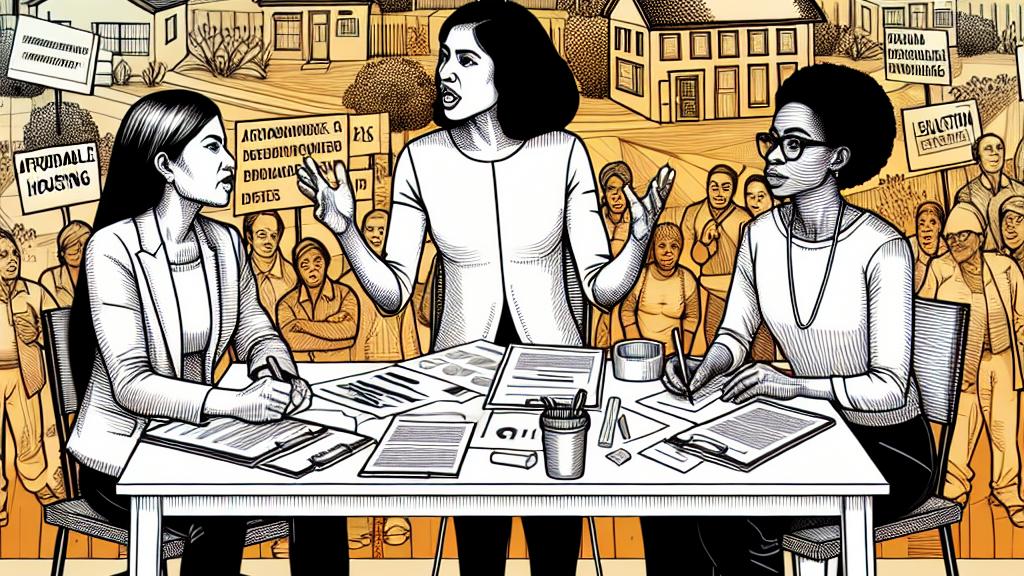Do Women in Politics Advocate Better for Their Communities?
Overview
- Research shows female politicians excel in advocating for local issues.
- Women in politics face unique challenges, yet rise above expectations.
- Enhancing gender representation leads to more effective governance for all.

Exceptional Commitment to Local Advocacy
Across the political landscape of the United States, female politicians are shining examples of dedicated advocacy for their communities. Studies from Washington University in St. Louis highlight that these women often prioritize local issues in their speeches, which is an inspiring commitment to their constituents. For example, Congresswoman Katie Porter does not shy away from addressing pressing matters like affordable housing or education funding; she brings these topics to the forefront, making them central to her legislative agenda. This commitment to community needs starkly contrasts with some male colleagues who may focus their attention on more generalized, national conversations. By championing local issues, female politicians not only amplify community voices but also create policies that directly improve the lives of those they represent.
Facing Challenges and Rising Expectations
While women in politics advocate fiercely for their districts, they do so amidst a myriad of challenges. Notably, they often face heightened expectations from voters. Take the case of Senator Kamala Harris, who, while in the Senate, was often looked to for solutions on tough social issues like criminal justice reform. This pressure to succeed can be daunting, yet for many women, it transforms into a powerful motivator. For instance, Representative Alexandria Ocasio-Cortez has leveraged her platform to campaign for the Green New Deal, emphasizing environmental justice in her presentations. Such examples illustrate how women rise above their challenges, turning scrutiny into robust performance, producing meaningful change that genuinely reflects community interests.
The Case for Greater Gender Representation
Ultimately, the narrative advocating for increased gender representation in politics is not merely about equality—it's about effectiveness. As of 2025, women occupy only about 28.7% of the U.S. House of Representatives, highlighting a significant gap in representation. This discrepancy implies that the experiences and perspectives of countless individuals, especially those from diverse backgrounds, remain unaddressed in national dialogues. Imagine the transformative potential of bolstering this representation; policy decisions could reflect a wider array of concerns, such as health care, education equity, and social justice. By enriching our political landscape with more women, we aren't just advocating for fairness but for a government that is responsive, inclusive, and ultimately better equipped to serve the varied needs of its constituents. A diverse political body means better advocacy for all, leading to comprehensive governance that truly represents the fabric of society.

Loading...